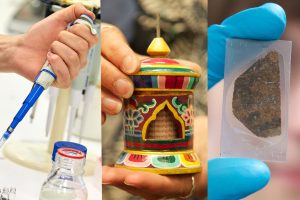By Marcus Munafò
The House of Commons Science Innovation and Technology Committee recently released its report on their inquiry into reproducibility and research integrity. One recommendation is that the sector moves towards “A coordinated policy on minimum protected research time …


 What does decolonisation really mean, and how can it enhance research culture?
What does decolonisation really mean, and how can it enhance research culture?

